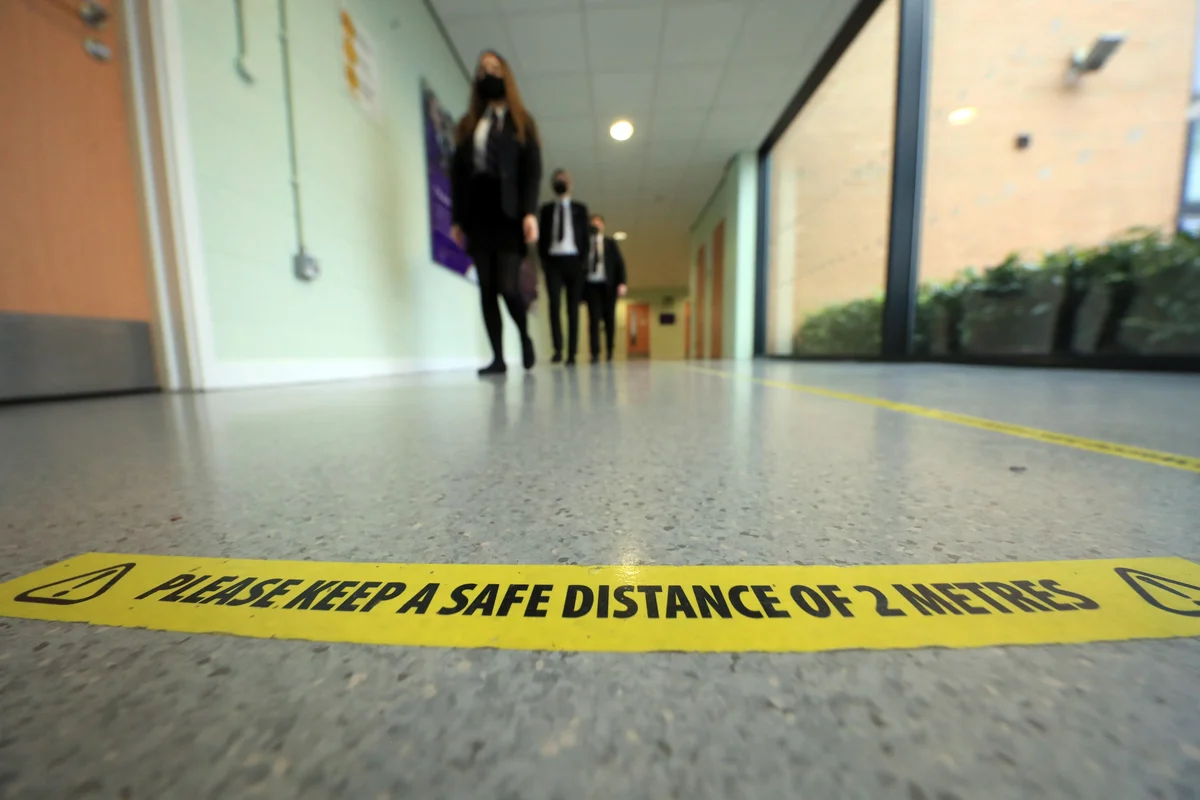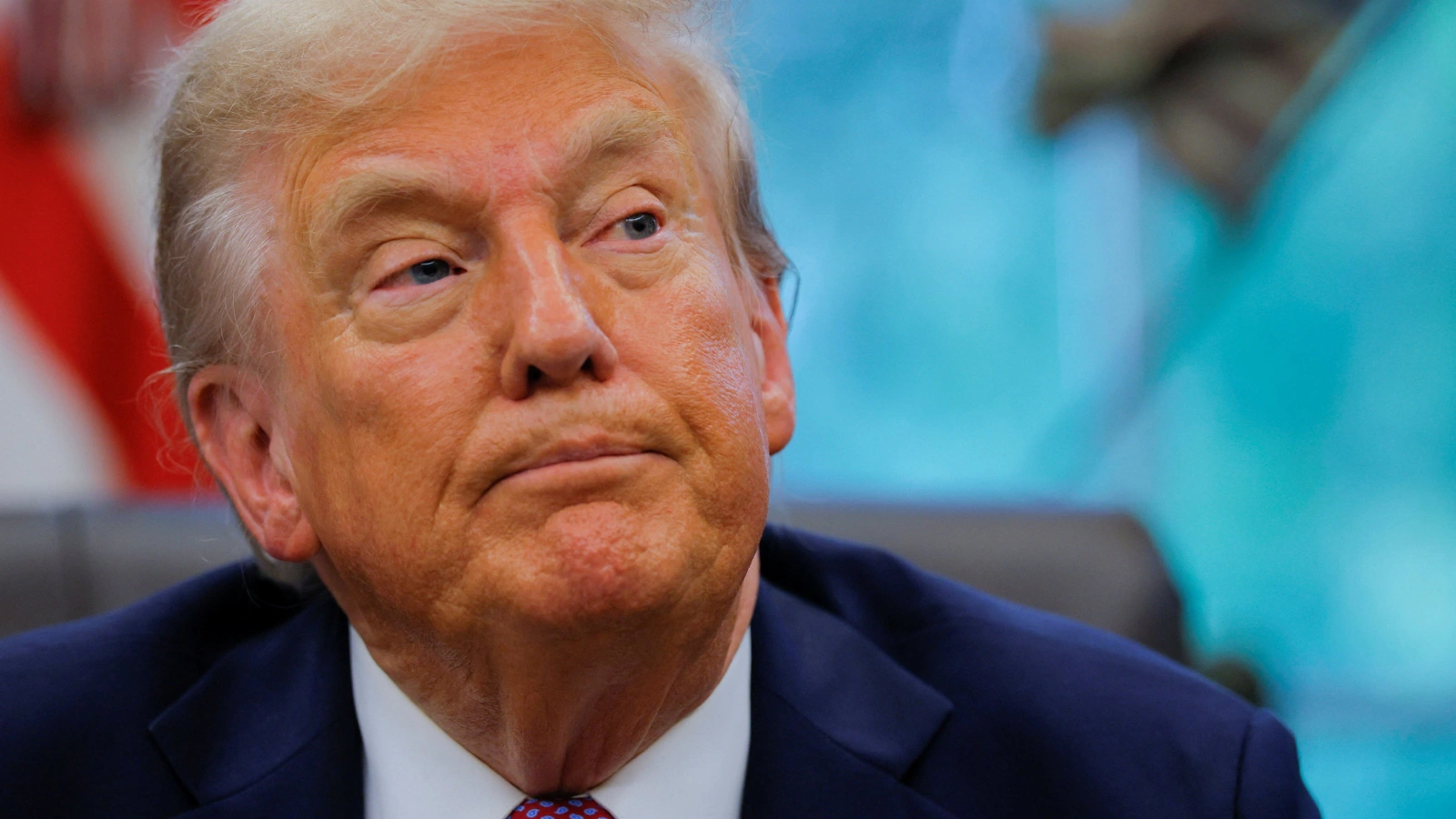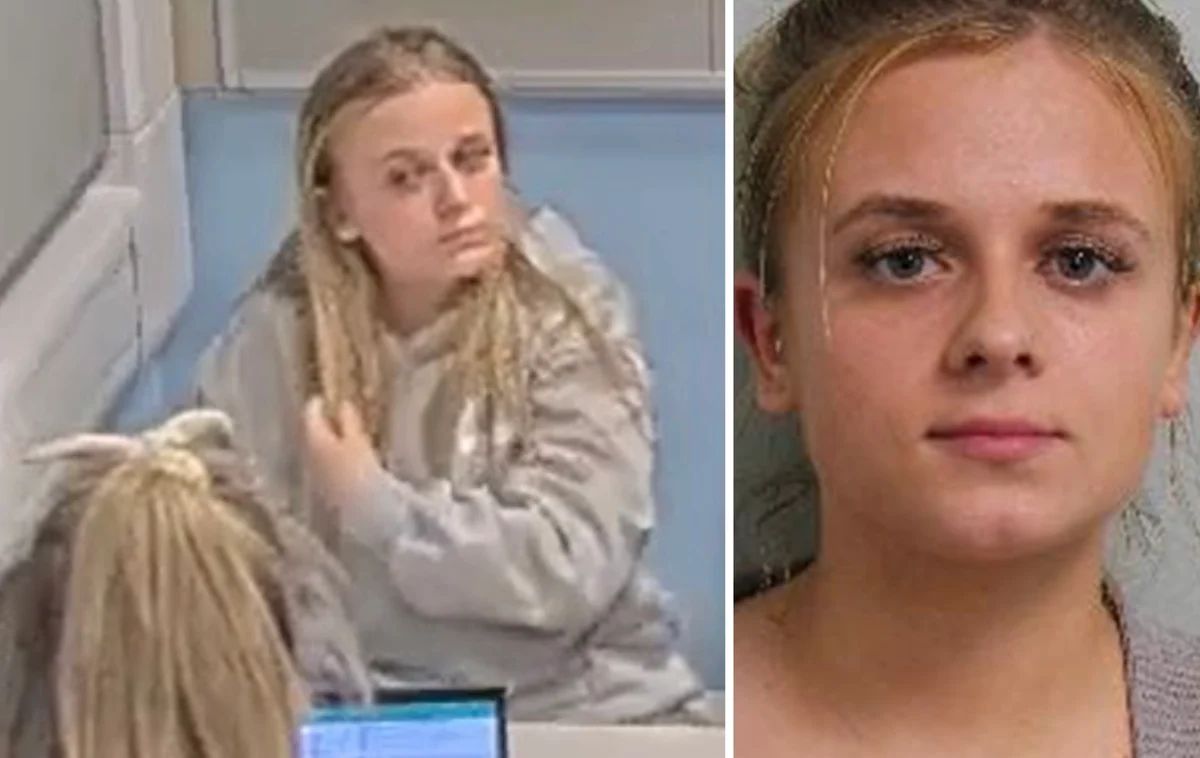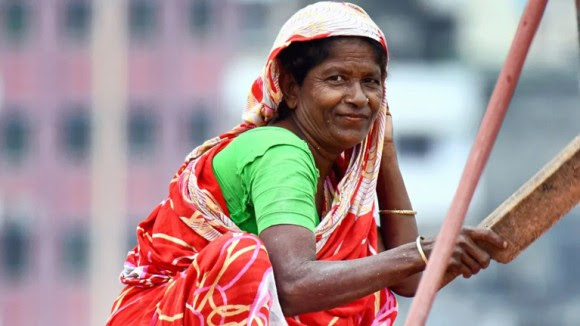By Aine Fox
Copyright standard

Some children suffered “grievous harm” at the hands of those who should have been caring for them in the pandemic, the UK Covid-19 Inquiry has heard, while others became more exposed to violent pornography online or spent most of the day gaming instead of learning.
The impact of the pandemic and lockdowns which resulted in school closures disrupted the “very fabric of childhood”, the latest module of the wide-ranging inquiry was told on its opening day.
The inquiry will look into various issues including how much children were considered when major choices were being made about their education and welfare and the provision for and decision-making around the most vulnerable young people.
Evidence will be heard from former prime minister Boris Johnson and England’s chief medical officer Professor Sir Chris Whitty, although the inquiry has not yet confirmed whether this will be in-person or through written statements only.
During a previous module it was said that former education secretary Sir Gavin Williamson will be called to give evidence in this series of hearings.
Monday’s hearing heard reference to evidence that the Department for Education in England had not begun planning for school closures until after March 16 2020, a detail described by inquiry counsel Clair Dobbin KC as “a cause for alarm”.
Sir Gavin’s evidence is said to describe a “discombobulating 24-hour sea change” from keeping schools open on March 16 to talking about closing them on March 17, and an announcement to shut them made the following day.
Referring to differences in Sir Gavin and Mr Johnson’s evidence, she said it was “significant that there should be any dispute about whether planning for so seismic an event existed”.
Inquiry chairwoman Baroness Heather Hallett said the pandemic’s impact on children and young people was “severe and, for many, long-lasting”, as they missed educational opportunities, social interaction and for the most at-risk they lost protection from abuse.
Ms Dobbin said the closure of schools “starkly highlighted” their importance as the agency which knows children and families best.
She said evidence will be produced, during the next four weeks of hearings, that there was a decline in the number of children referred to social services during school closures.
She told the hearing: “The reality is that there were children who suffered grievous harm at the hands of their carers during the pandemic.
“The carers of those children bear responsibility for the violence and neglect inflicted on children, and these children stand as the starkest examples of what adults are capable of doing to children behind closed doors.”
She referred to the case of 16-year-old Kaylea Titford, whose mother and father were jailed for leaving her to die in bedridden squalor at the family home in Newtown, Powys, in October 2020.
A safeguarding report later highlighted how a lack of multi-agency working and co-ordination during the Covid-19 pandemic, exacerbating Kaylea’s vulnerabilities and reducing her support system, was among the factors which led to her death.
Ms Dobbin said schools are the “constant eyes” on children and the “early warning system” when it comes to safeguarding.
Meanwhile, looking into the impact of more time spent on the internet, Ms Dobbin said evidence from the National Crime Agency (NCA) had seen it make the “simple point that school closures and furlough caused more children and child sexual abuse offenders to be online” and that increased time children spent online was identified “as a threat”.
She said the NCA had concluded “that the restrictions imposed because of Covid triggered both temporary and accelerated ongoing changes to child sexual abuse offending” including more exposure to violent pornography and a rise in sexual abuse between young people of a similar age.
Referencing online gaming and distractions from learning, she quoted one young person who said they were “sitting there with no school, playing Animal Crossing (a game) for like six months”, and another who said they played the Roblox online game for up to 19 hours a day at one point.
She quoted another as saying: “People would answer the remote lesson call in bed, people would be in science third lesson, and would literally have the camera off and would be posting on their Instagram stories or their Snapchat stories, literally them watching The Only Way Is Essex or something like that.”
Ms Dobbin acknowledged while those examples are not representative of every child’s experience, they were “a compelling illustration of how hard it was for some children to stay engaged at home”.
She added: “In other words, it’s the child’s voice which demonstrates what the problems were beyond the provision of devices or children theoretically logging on to join a class, and it shows what really needs to be tackled if online forms of education are to be effective in any future pandemic.”
In an impact film shown at the start of Monday’s proceedings, children and young people – whose comments were read by adults to protect their identities – spoke about their experiences during the pandemic.
One girl remembered her terror after a friend passed away, while another recalled going to hospital when she caught Covid and later dropping out of education after struggling to learn online.
Teachers, parents and educational psychologists in the film also spoke about the “significant” impact on learning, and the impact on the mental health of young people.
Steve Broach KC, appearing at the hearing on behalf of organisations including Save the Children and the Child Poverty Action Group, said the rights and interests of children and young people were “routinely overlooked or deprioritised” during the pandemic, and were “actively undermined at times when statutory entitlements were taken away or diluted”.
He asked the inquiry to recommend that the Government acknowledge the sacrifices made by children, and apologise for “the mistakes the government made and the negative impacts on them”.



